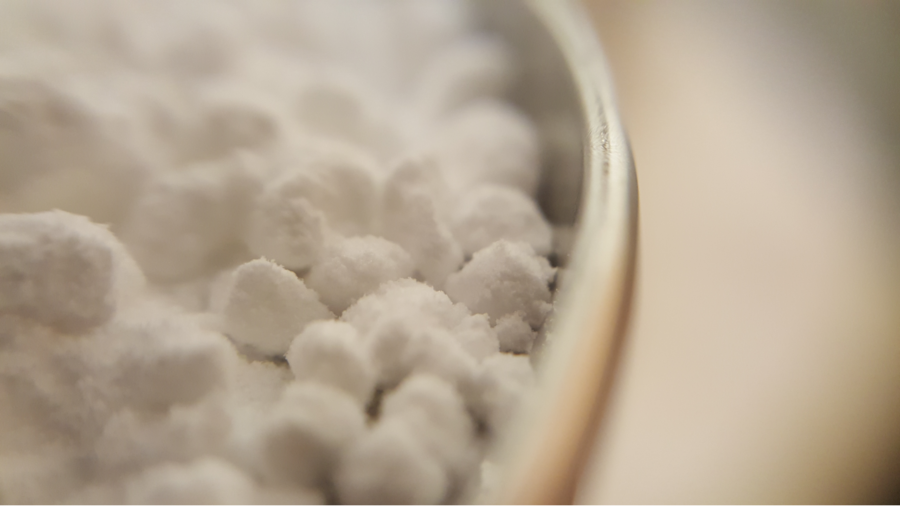Scientists Confirm That Artificial Sweeteners Don’t Help At All With Weight Loss
Science proves that artificial sweeteners used in sodas don't help with weight loss.

Just in case you were planning on shedding a few pounds before the Summer, the World Health Organization has informed us that diet sodas aren’t a fast track to success. According to a recent write-up in Science Alert, artificial sweeteners have no added health benefits when compared to traditional sugar and should not be utilized as a means of achieving weight loss. This news is devastating to many, as poor weight management can be a leading cause of deadly diseases such as diabetes and certain forms of cancer, which are leading causes of death all over the world.
Artificial sweeteners are classified as natural or synthesized compounds which taste sweet, much like real sugar, despite sometimes being more than 400 times sweeter than sugar when measured by weight. Many sweeteners of this variety can be traced back to Australia, where the synthetic compounds are extracted from stevia plants, monk fruits, and other natural ingredients, despite the highly processed nature of their manufacturing. According to recent studies confirmed by the WHO, these sweeteners, commonly found in fast food and diet sodas, provide nearly no energy as compared to sugar.
When diet soft drinks began rolling out in droves back in the 1990s, advertised as a healthier alternative to traditional sugary beverages, corporations like Coca-Cola and PepsiCo claimed that substituting traditional soda with a diet beverage containing artificial sweetener every day for a month would reduce your weight by roughly 2.2 pounds. While most of the consuming public has deduced that this is not the case by now, the latest studies from the WHO prove that this is absolutely not factual, and that diet sodas provide little to no health benefits whatsoever.

Through a series of arduous trials and studies, scientists determined that a higher intake of artificial sweeteners was commonly associated with a higher body mass index, with a staggering 76 percent increased likelihood of obesity in those who partake in daily consumption. There was also a 23 percent increase for those participants in the risk of type 2 diabetes, which is described as a chronic condition that hinders the body’s ability to process blood sugar properly. This is made even worse when scientists studied the effects of tabletop sweeteners such as Stevia for use in coffee, which posed a 34 percent increase in diabetes risk.
While some studies seemed to conclude that artificial sweeteners contributed to weight loss by an incredibly thin margin, others found increased health risks when compared to traditional sugar. While the World Health Organization is not calling for a ban on these sweeteners nor advocating for the increased intake of sugary sodas, the scientific consensus seems to maintain that drinking water or unsweetened coffee or tea is your best bet. By the numbers, it is recommended that consumers intake no more than 50 grams of sugar per day, a figure that reflects significantly less than the average single can or bottle of soda.
Maintaining a healthy diet has become incredibly difficult in our modern era of highly processed foods, particularly amid the rising cost of living. If you particularly enjoy consuming foods or beverages containing artificial sweeteners, you may still be capable of living a healthy lifestyle by relying on dietary supplements or a stringent exercise routine. If you have any concerns regarding your own dietary health, be sure to reach out to a doctor or dietician to discuss the best set of options for your own well-being.












